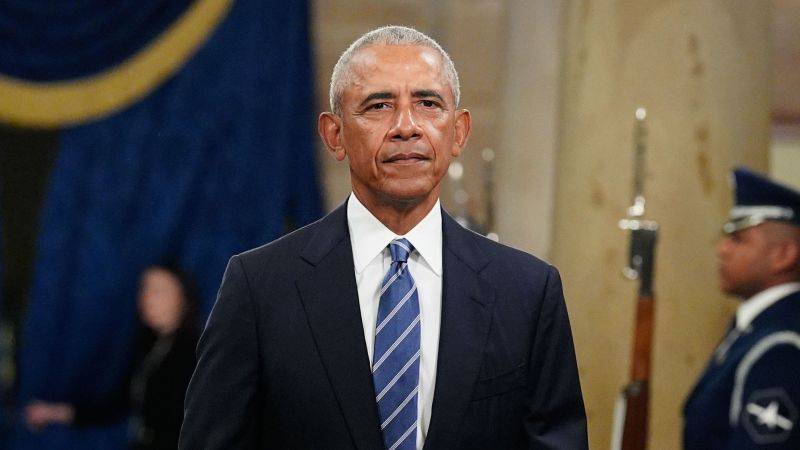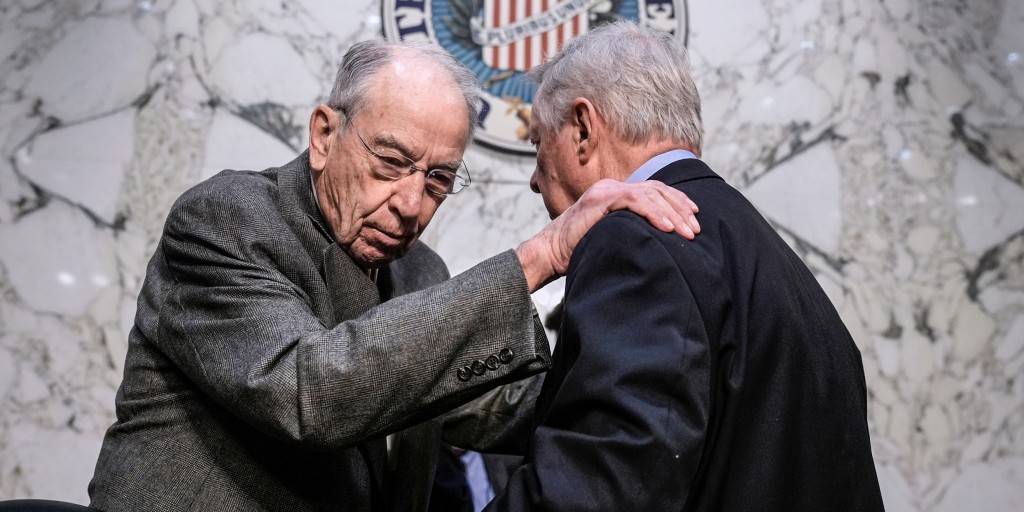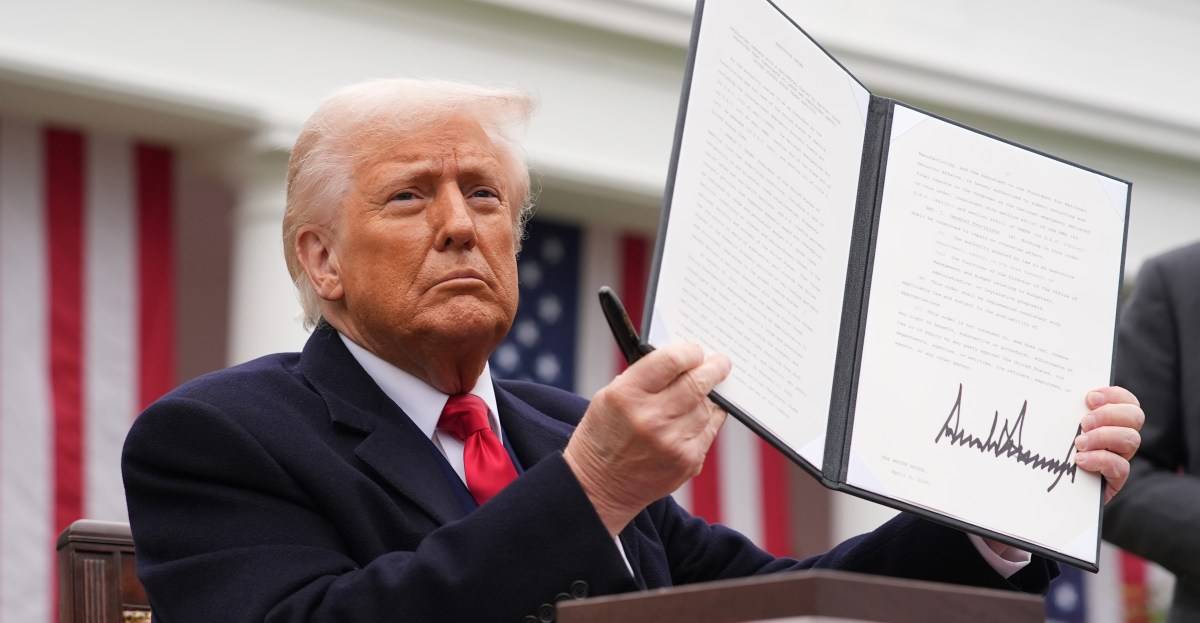The Political Fault Lines Within Conservatism
The political fault lines within the conservative movement have once again been laid bare, this time centering on Supreme Court Justice Amy Coney Barrett. Once celebrated as a stalwart of the right, Barrett now faces intense scrutiny from the MAGA movement after siding against former President Donald Trump in a contentious legal battle over federal funds. Her decision underscores the growing rift between institutional conservatism and the populist wave reshaping the Republican Party.
MAGA’s Fury Over Barrett’s Ruling
Barrett’s decisive vote in the 5-4 ruling, which compelled the Trump administration to release nearly $2 billion in previously frozen federal funds, has enraged Trump’s most ardent supporters. Figures within the MAGA movement have unleashed scathing critiques, branding her a betrayer of conservative values. Some have gone so far as to dismiss her as a misguided appointment, accusing her of prioritizing judicial independence over political loyalty.
The backlash highlights an ongoing battle within the right: should Supreme Court justices remain faithful to strict constitutionalist interpretations, or should loyalty to conservative outcomes dictate their decisions?
Conservatives Rally to Barrett’s Defense
Amid the uproar, several prominent conservative legal scholars have defended Barrett, arguing that her ruling—while controversial—is a testament to her judicial integrity. They maintain that an independent judiciary is crucial to preserving the rule of law, a principle that transcends partisan expectations.
This defense, however, does little to satisfy Trump-aligned Republicans who view judicial independence as secondary to securing ideological victories.
With internal tensions escalating, this moment marks a deeper ideological reckoning within the conservative legal movement. If Barrett, a justice handpicked by Trump, can fall out of favor so swiftly, what does that signal for the future of the Supreme Court’s conservative bloc?










